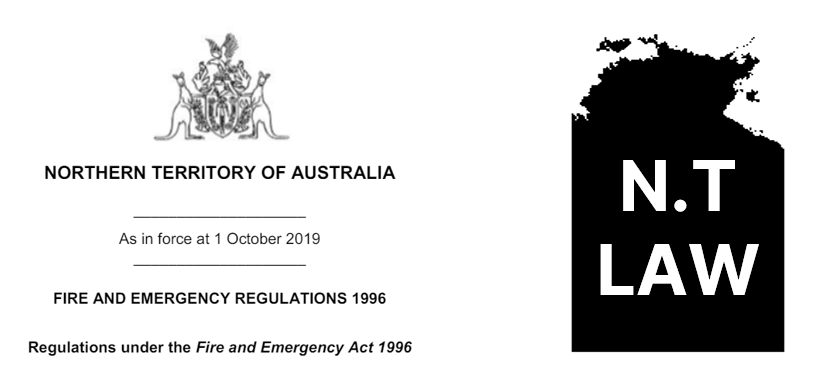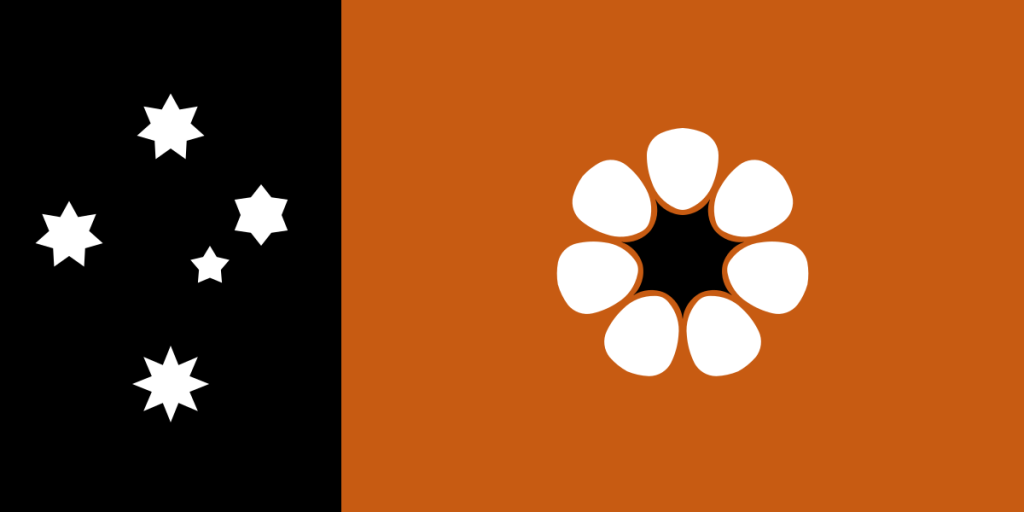Northern Territory Smoke Alarm Legislation
Ensuring your home is equipped with the right smoke alarms is not just a legal requirement in the Northern Territory—it’s a key step in protecting lives and property. Under the Northern Territory Fire and Emergency Regulations 1996, all residential properties must have working photoelectric smoke alarms installed, regularly tested, and maintained. If you’re a homeowner, landlord, or tenant, understanding these regulations is essential to staying compliant and, more importantly, staying safe. In this easy to understand guide, we’ll break down Northern Territory smoke alarm laws, including where alarms should be installed, landlord and tenant responsibilities, and special requirements for caravans.
The governing piece of smoke alarm legislation in the Northern Territory is called the Northern Territory Fire and Emergency Regulations 1996 (as in force 1 October 2019).

N.T Fire and Emergency Regulations 1996 – Smoke Alarms
Part 2A of this regulation details requirements relating to smoke alarms, notably to do with the type of alarm, installation, maintenance and testing. A summary is provided below;
- All owners of residential property must have working smoke alarms installed and tested annually.
- Any existing ionization alarms must be replaced with the photoelectric type when they no longer work, the property is sold, or premises are rented out or a lease is renewed.
- Within 30 days before the start of a tenancy agreement in relation to residential premises or a moveable dwelling, the owner of the premises or dwelling must test the smoke alarms and replace any that do not function.
- The responsibility for testing the fire alarm in a tenanted property lies with the tenant (after the lease has started). The tenant must advise the owner or agent if the fire alarm does not work.
Section 13A (3) of the regulation states that an approved smoke alarm means a photoelectric type that:
(a) complies with Australian Standard 3786 and;
(b) is hard wired or is a sealed 10-year lithium battery smoke alarm.
Where Do I Install Smoke Alarms In The Northern Territory?
The N.T regulations state that smoke alarms must be installed in residential premises according to the Building Code of Australia, section 3.7.2.3. What this means is that smoke alarms in the Northern Territory must be installed;
- on or near the ceiling in any storey containing bedrooms
- between each part of the dwelling containing bedrooms and the remainder of the dwelling; and
- where bedrooms are served by a hallway, in that hallway; and
- any other storey not containing bedrooms.

Northern Territory Smoke Alarm Requirements For Caravans
For a caravan in the Northern Territory, the regulation states that one smoke alarm must be installed on the ceiling of the caravan.
In conclusion, understanding and adhering to the Northern Territory smoke alarm laws is important for maintaining a safe home. These regulations ensure that residential properties are equipped with the right type of smoke alarms, properly installed, and regularly maintained. Whether you’re a homeowner, landlord, or tenant, it’s essential to follow the testing and installation requirements. For those in unique situations, like caravans, the rules are straightforward to follow. By staying compliant with the Northern Territory smoke alarm regulations, you are helping to protect lives and property from the dangers of fire.

A direct link to the Northern Territory government website is posted below if you would like to read the full legislative document for yourself.
Northern Territory Fire and Emergency Regulations 1996

Want to know more? Watch our ZEN Smoke Alarm YouTube channel or call us on 0478 596 402 today
We love talking smoke alarms!
ZEN Interconnected Smoke Alarms
New Farm, QLD, 4005

